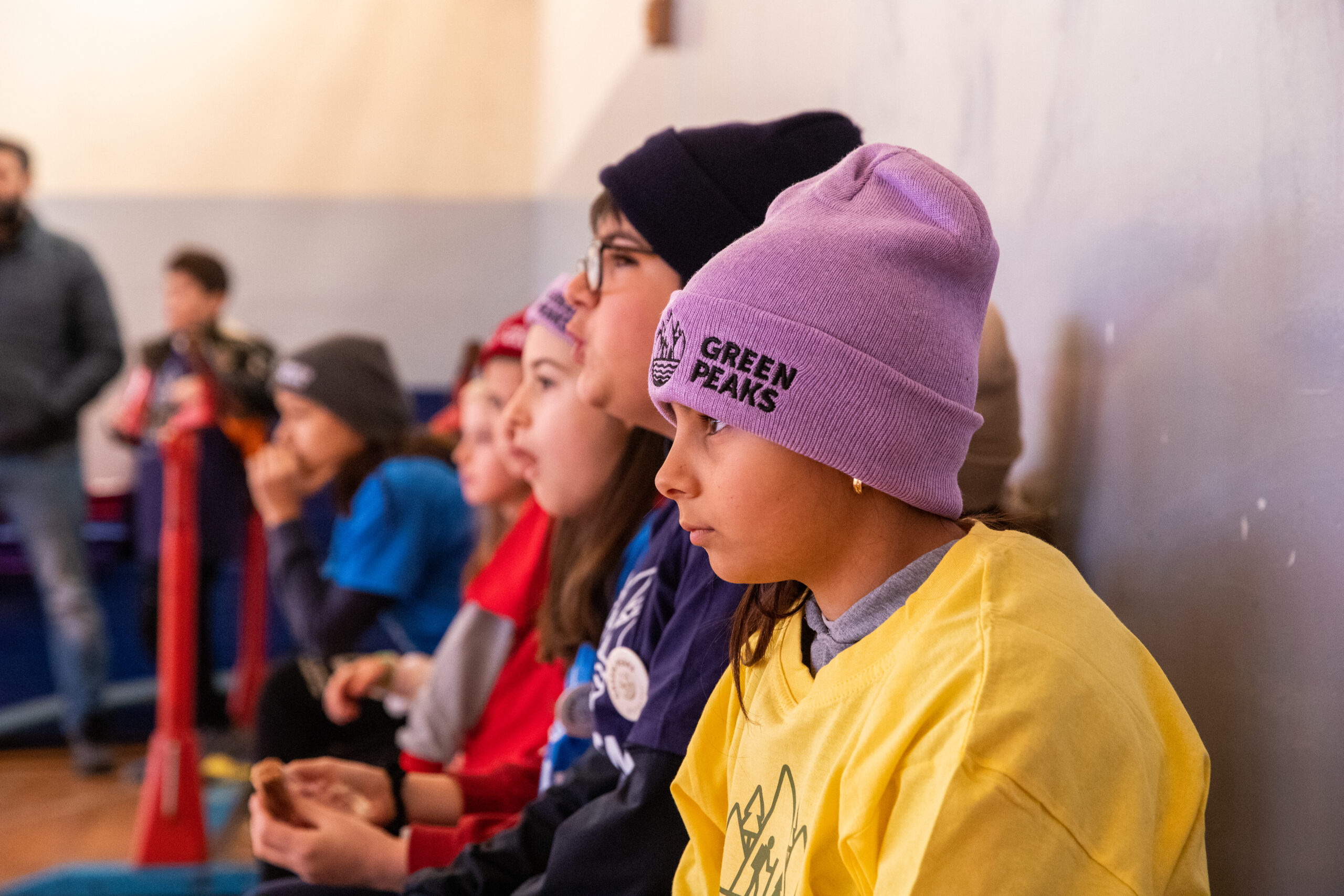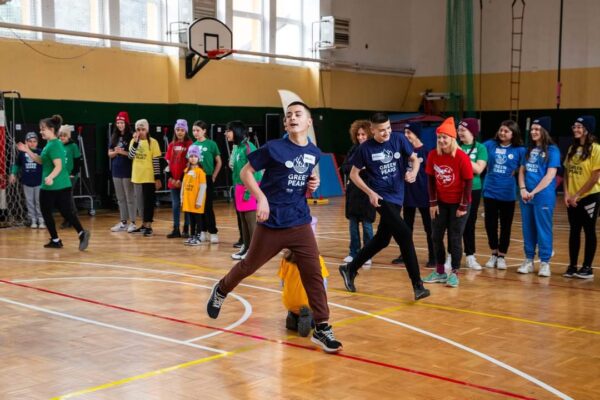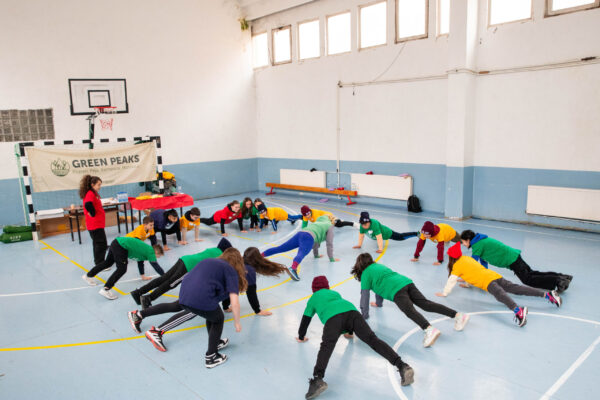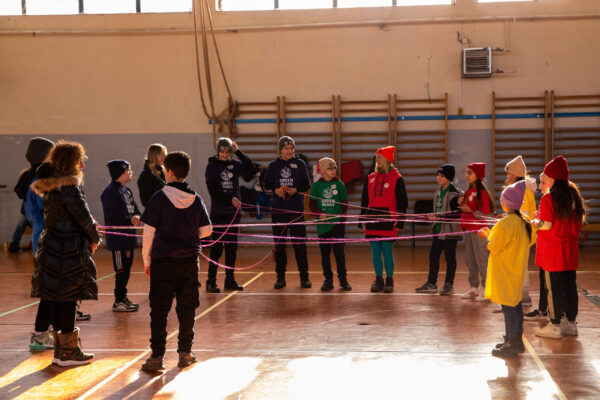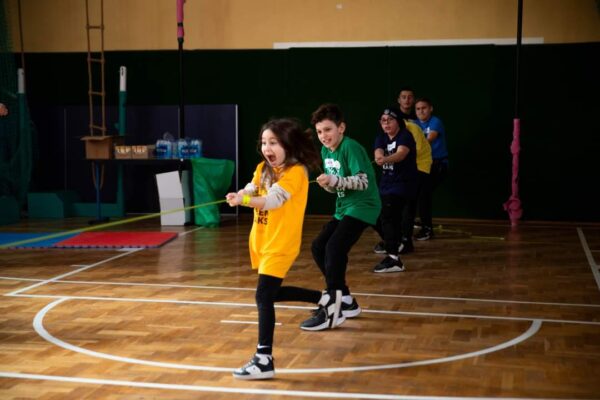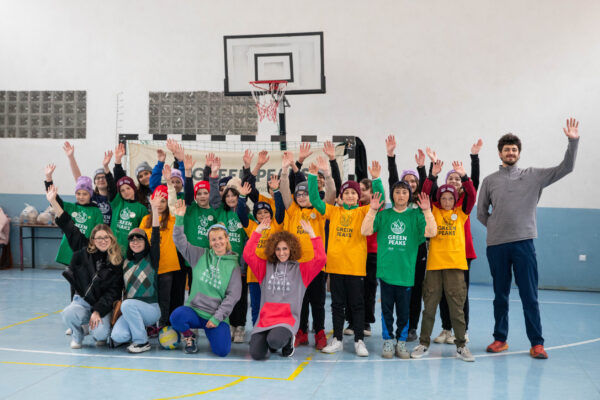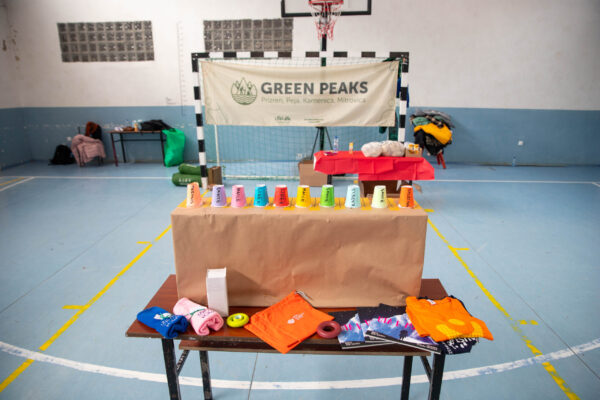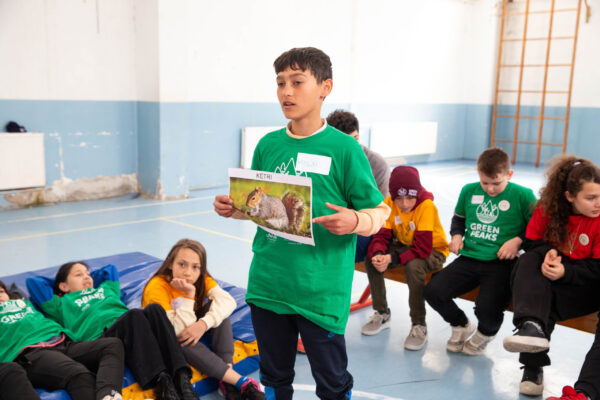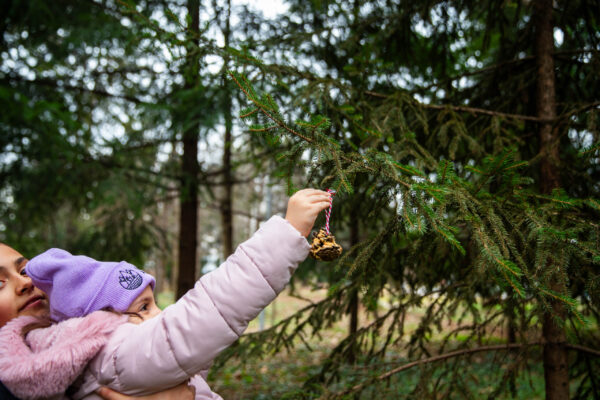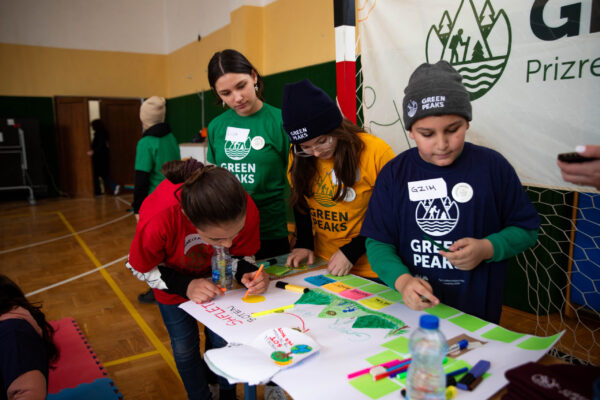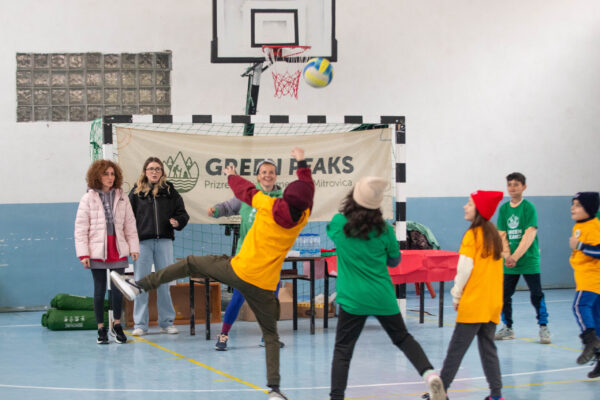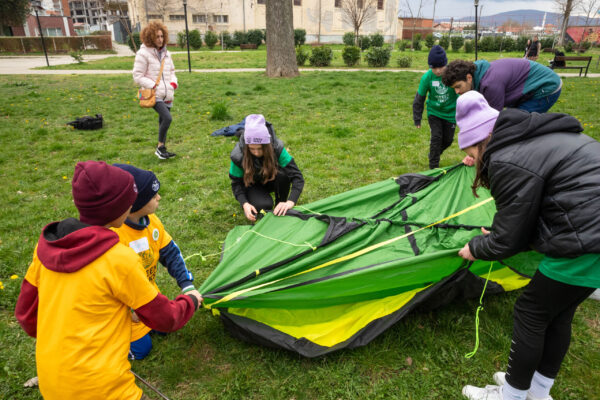In many schools across Kosovo, especially in certain municipalities, low middle schools lack the necessary facilities and resources to conduct effective physical education (PE) activities. This deficit not only hampers the ability to deliver a quality PE curriculum but also demotivates students from participating in these essential classes. Furthermore, schools often lack programs that incorporate hiking or other outdoor sports, missing an opportunity to engage students in healthy and educational outdoor activities.
Acknowledging these obstacles, our organization started the “Green Peaks” initiative with the goal of reaching eighty or more youngsters from various ethnic backgrounds. While they frequently attend the same schools, children of different ethnic backgrounds rarely interact. Through engaging them in common interests, we hope to encourage peacemaking, trust-building, and interethnic communication. In order to close these gaps and give kids the chance to connect, engage, and develop in a welcoming atmosphere, the Green Peaks project was created.
Our foundation conducted activities in four municipalities of Kosovo, such as: Prizren, Peja, Mitrovica and Kamenica, and we reached a total of 100 children with an equal rate of ethnicities and genders.
The “Green Peaks” project was designed with a comprehensive program filled with activities that promote the physical, mental, social, emotional, and creative development of children. It included engaging games, an informative ecology presentation by a graduated ecologist who taught the basics of ecology and environmental protection, and a hands-on workshop where children created natural birdfeeders. The highlight of the program was a hike in a nearby green area where children learned about nature orientation and identifying local plants and animals. Following the hike, they participated in a tent-building exercise, racing to see who could set up their tent the fastest. By organizing the children into groups, we aimed to teach them leadership and organizational skills, emphasizing the importance of every member and ensuring that each child’s voice is heard and valued.
Initiatives similar to “Green Peaks” project, have shown to greatly increase young people’s participation in sports and promote socializing among kids from different backgrounds. These initiatives encourage physical activity while also increasing people’s understanding of how their actions affect the environment. Our goal is to raise a generation of kids that are more aware of environmental issues by teaching them about sustainable behaviors and environmental protection. The overwhelmingly positive feedback we received—all 100 children who answered favorably and voiced a desire for future activities of this kind—underlines the success of this effort. We would like to express our sincere gratitude to the hardworking staff, understanding parents, excited kids, and engaged teachers who helped to make this program a huge success.

